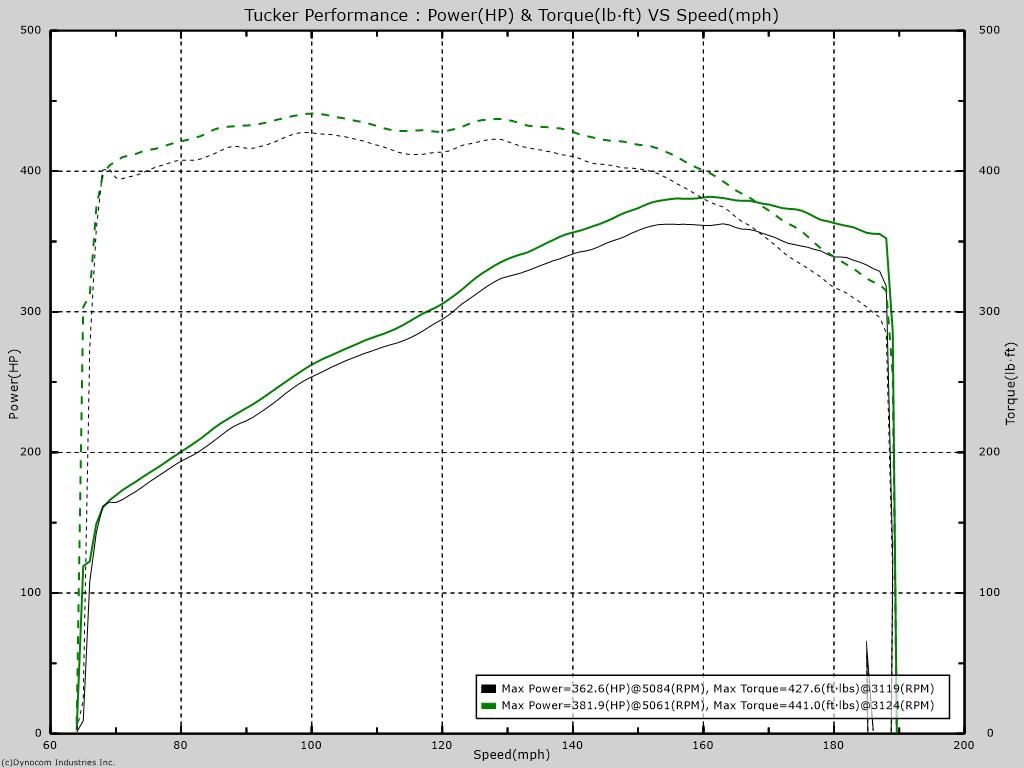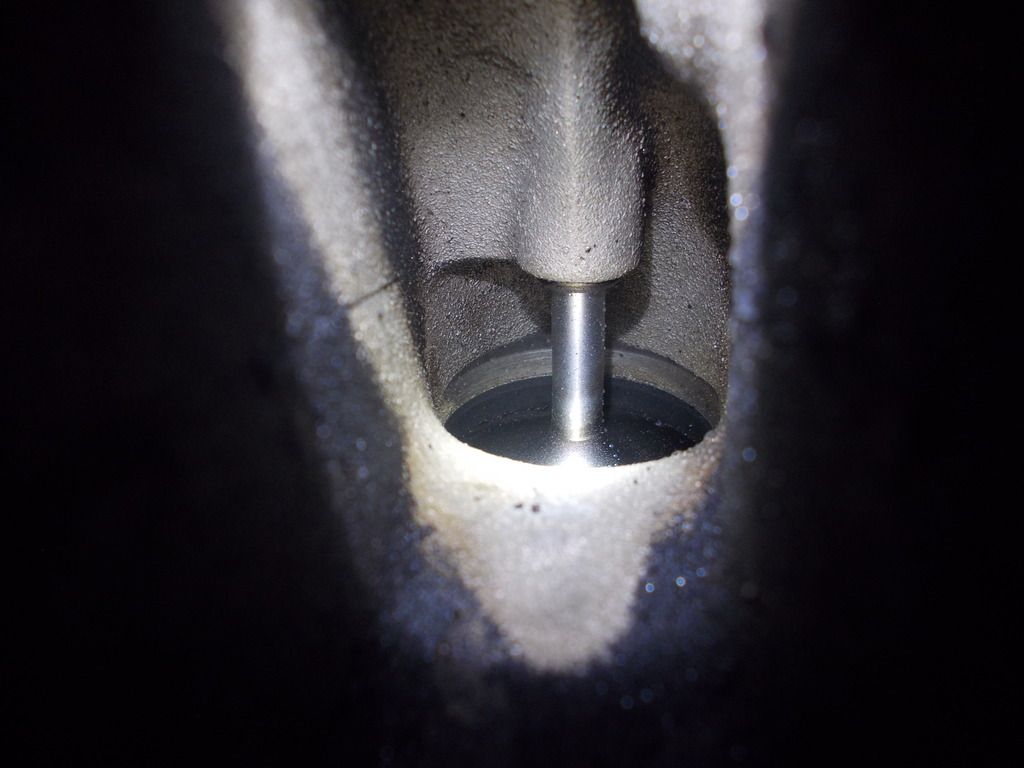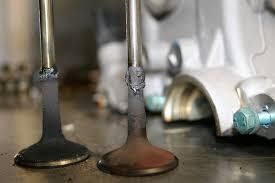You are browsing camaro6 

|
|
#15 |
 Drives: 2016 camaro 2ss convertible A8 Join Date: Nov 2016
Location: Whitby
Posts: 100
|
I had bad coil and wire 1500km was swapped at dealer all good now threw codes wouldn't go into v4 ran really bad
|
|
|

|
|
|
#16 | |
     Drives: 2010 Camaro Join Date: Nov 2009
Location: Denver
Posts: 1,381
|
How many miles on your car those that are experiencing misfires? Where you but gas as far as brand makes no difference as RCF correctly states. All come from the same tank farms. Only the extra additives are added after they pick it up, and as these are GDI engines no gars touches anything inside the engine any longer so makes no difference. Water in the tank can, but if you have more than 10k miles on the engine, you already have a good amount of coking deposits disrupting airflow, especially at idle. As these intake valve coking deposits build, they do not form equally on each valve, and as the upstream O2 sensors are reading the entire bank as an aggregate fo all, the valves with most deposits will be running rich, and the valves furthest from the pint of ingestion will have less build up and be running lean. So that all contributes to random misfires and hesitation off idle. The more severe these deposits become, the more noticeable the hesitation and the misfires become more common.
Just look at the average LT1 engine at 5k miles to see how rapidly these build, and as GM and all others put so much time and effort into the shape of the valves, the satin swirl finish on the valve surface, the undercut of the stem, and finish of it, it only takes a small amount of change to have a noticeable affect on the flow characteristics. Here is a video of a manual cleaning at 5500 miles: And here is a before and after dyno at just below 20k miles to show how dramatic the power loss is from this diruption (LT1 C7 Corvette):  Several factors have a direct affect on the rate and severity of intake valve coking, one is the engine oil used, ONLY a good full synthetic is a must. I prefer Amsoil, but others are good as well. Why? Take a cap of the dealer provided Dexos oil they use and pour it into a frying pan on high, look at the residue left behind once burnt. Now take a premium full syn like Amsoil and do the same, almost no residue is left once burned. As GDI engines have no fuel washing them to cool and clean them, these deposits bake on into a hard crystalline form that is extremely abrasive as well, so never use a solvent based engine running cleaning or damage occurs when these hard sand like particles break loose and are forced between the piston and cylinder wall. Our Elite E2-X systems are designed to stop 95% plus of these compounds that cause the coking as well as since we convert to full time evacuation, we remove most of the damaging compounds from the crankcase before they can settle and contaminate the engine oil. Compare to a port injection engine with 142,000 miles on as you can see anywhere the detergent fuel made contact, no deposits could form:  And even at 5k miles, as you can see there is wear occurring to the valve guides as this is drawn up into the softer guide every cycleof the valve:  This may not look bad, but the entire finish of the valve surface had already been covered. The shape of the stem has also been altered and this prevents the engine from running at optimum efficiency. So, the oil you use has a direct impact on how fast and how severe these deposits form. The brand gas has little to do with anything any longer where in the past it was a definite benefit to only run top tier. Installing the proper catchcan system has tons of benefits, but as these engines can tolerate no oil ingestion, the right choice is critical. Most others only trap from 15% to a max of 30%, so they allow the rest to still pass through and be ingested. Our E2-X series is the most effective design on the market period if your wanting to add one. What most will find is in the beginning, it is only noticeable when first accelerating off idle as the amount of flow at higher RPM's can overcome most noticeable issues. But as miles accumulate, so do the coking deposits and the misfires and hesitation becomes more pronounced. Another thing these engines experience as well form the oil and other compounds being ingested with the intake air charge is LSPI (low speed preigntion incidence) where vaporized oil and other compounds can ignite behind the rings and cause damage to the pistons and rings: https://www.motor.com/magazine-summa...-pre-ignition/ Our approach has been to address this at the source and stop the oil and other contributing factors at the source, before they can be ingested. And in removing 95% plus of the compounds that cause this, have reduced or eliminated this almost completely with engines equipped with our proper systems, installed and routed properly. For more info, just ask or email our Technical Support team direct at: Tech@EliteEngineeringUSA.com to determine the proper system for your application. Putting science and education first.  |
|
|
|

|
|
|
#17 |
 Drives: 2016 2SS Join Date: Dec 2015
Location: WA
Posts: 131
|
This has been happening since the week I brought my car home (new). I now have a 16xxx miles and it's essentially the same.
Sent from my Nexus 6P using Tapatalk |
|
|

|
|
|
#18 |
 Drives: 2017 Camaro 2.0 Turbo Join Date: Oct 2017
Location: Belgium
Posts: 57
|
Did someone find / does someone have a solution in the mean time?
|
|
|

|
|
|
#19 |
 Drives: 2017 Camaro 2.0 Turbo Join Date: Oct 2017
Location: Belgium
Posts: 57
|
The only thing i found out is to drive off in second gear.
Or maybe you can hit the pedal so rpm goes up to xxxx rpm so the engine can "blow clean" when starting. Just an idea, do not know if it will work. |
|
|

|
|
|
#20 |
 Drives: 2017 Camaro 2.0 Turbo Join Date: Oct 2017
Location: Belgium
Posts: 57
|
update
An update of what i found out, maybe it helps?
Because my Camaro (2.0 turbo) dealer doesn't know it anymore and GM can't tell them what's wrong with my Camaro, i have been experimenting by myself. The results: - The problem occurs in tour and sport and in manual and automatic. - driving away "fast" instead of slow, largely solves the problem but it is not very neat to drive away "fast" in a residential area in the morning. - driving away in manual, in second gear, also largely solves the problem. - starting the engine and hitting the pedal till about 4000 rpm once or twice makes the problem less but it is not away totaly. But that is also not very neat to do in a residential area. I would like to add an MP3 file but i think it is not possible to upload a "sound file". I hope someone has an idea because it's driving me crazy. Is there maybe a person active from GM at one of these forums who can also look at my problem? Are there any sensors in the car which adjust the fuel mixture, making it possibly too rich (or maybe to lean)? The "peng peng" sound i hear looks like fuel igniting in the exhaust. |
|
|

|
|
|
#21 |
 Drives: 2017 Camaro 2.0 Turbo Join Date: Oct 2017
Location: Belgium
Posts: 57
|
Yesterday the MAF sensor has been replaced.......... No results :-(
The car is driving me crazy with this problem........ :-( The Camaro dealer told me that the 2018 model has an other computer for the motor management then the 2017 model. Mine is a 2018 model, so i am wondering if the computer for the motor management has an other program on it because my Camaro dealer says that they have no problem with the 2017 model but that they have 2 2018 models with "my" problem (and one of it is mine....). |
|
|

|
|
|
#22 |
  Drives: Tesla M3 LR-AWD [Former 1SS owner] Join Date: Jan 2018
Location: Miami
Posts: 950
|
^^If I were you, I'd let a dealer sort this out. The last thing you want is for them to find out you were swapping parts and give you a hard time with the warranty. Find a different dealer if you can, or escalate the situation. I've had misfires with my 2.3 turbo Mazdaspeed and remember them changing out the coils, then injectors after the issue persisted. The injectors turned out to be the culprit, but there are other possibilities (spark plugs, plug wires etc.).
|
|
|

|
|
|
#23 |
 Drives: 2017 2ss, m6 Join Date: Jan 2017
Location: Iowa
Posts: 231
|
It would take some data logging but it could also be an issue with the VVT. If the phaser(s) isnt able to adjust as it thinks it should drivability problems much like you're describing happen (bucking, jerking, lost of power). May be worth checking into.
|
|
|

|
|
|
#24 |
 Drives: 2017 Camaro 2.0 Turbo Join Date: Oct 2017
Location: Belgium
Posts: 57
|
My Camaro dealer tries hard to solve the problem but did not succeed yet. He says there is less cooperation from GM America :-( They say they do not recognise this problem.
But I think i foud out this is a problem of the 2018 model because it has another computer for the motormanagement than the 2017 model. Ik hope GM will fix this soon with an update or something. I have been experimenting and i think i have some things you can try to reduce the problem. 1) start the engine and wait for 1 or 2 minutes till the rpm's drop around 1000 rpm or less. 2 start the engine and slightly step on the accelerator pedal till around 3000 rpm. 3) do not drive away slowly but "fast". Not too fast of course because you want to stay friends with the neughbours ;-) Does someone have an idea if this problem can be baused because of the automatic choke? Is there maybe an employee active from GM at these topics? Because than I could try to contact him / her. |
|
|

|
|
|
#25 |
 Drives: 2016 camaro 2ss convertible A8 Join Date: Nov 2016
Location: Whitby
Posts: 100
|
Wires coil
Read my post?
|
|
|

|
|
|
#26 |
 Drives: 2016 camaro 2ss convertible A8 Join Date: Nov 2016
Location: Whitby
Posts: 100
|
Coil
No problems since
|
|
|

|
|
|
#27 |
|
376 cubic inches of fun
|
|
|
|

|
|
|
#28 |
 Drives: 2017 Camaro 2.0 Turbo Join Date: Oct 2017
Location: Belgium
Posts: 57
|
@Xbrentx
You mean your post about the coil and wires? Yes i have read it. But My Camaro dealer says they already replaced them. Also the injectors, the computer for the motor management and the MAF sensor. Nothing solved the problem. Because my English is not good enough, i am from Belgium ;-), i do not exactly understand what you mean with: "..... threw codes wouldn't go into v4 ran really bad". |
|
|

|
|
|
|
|
|
Post Reply
|
|
|